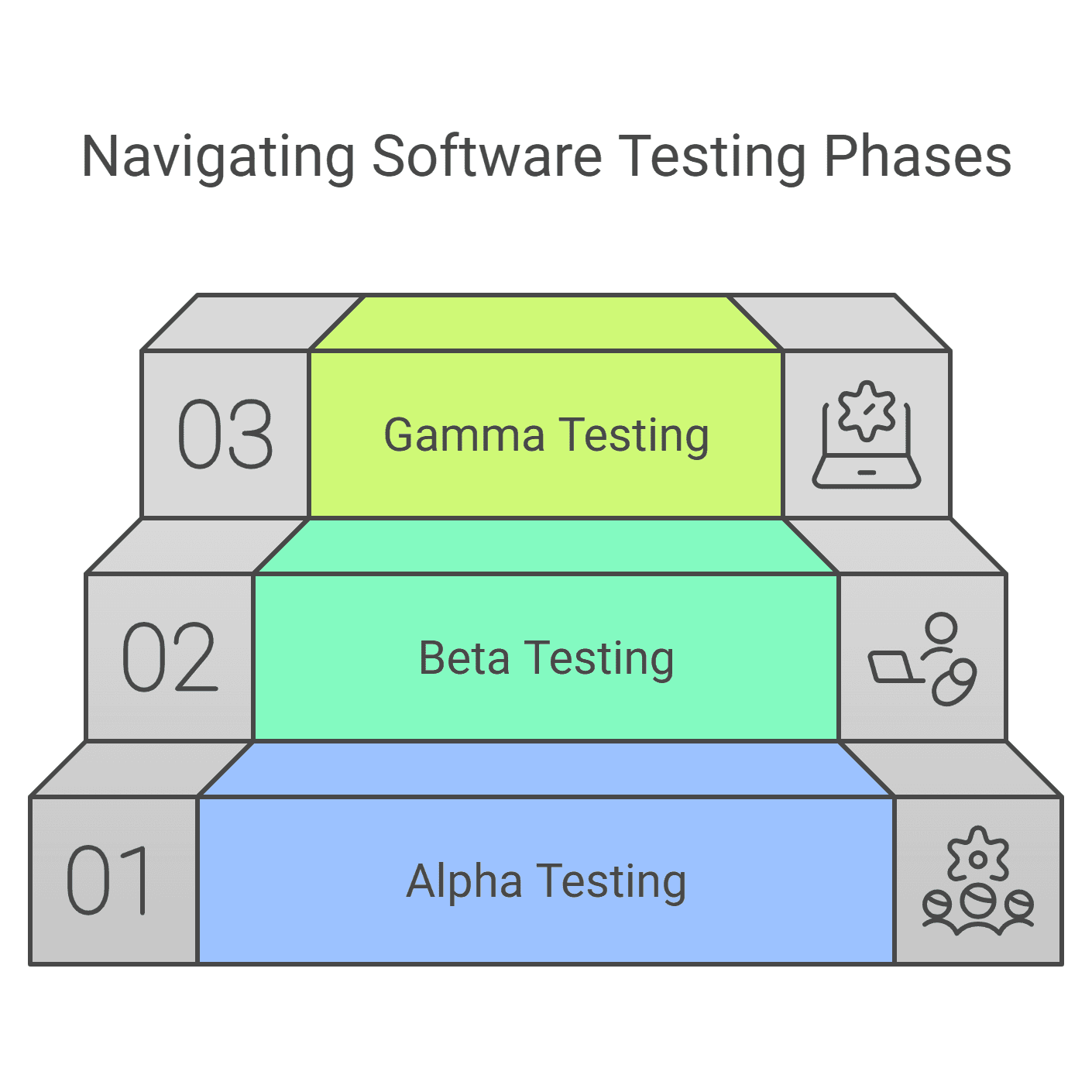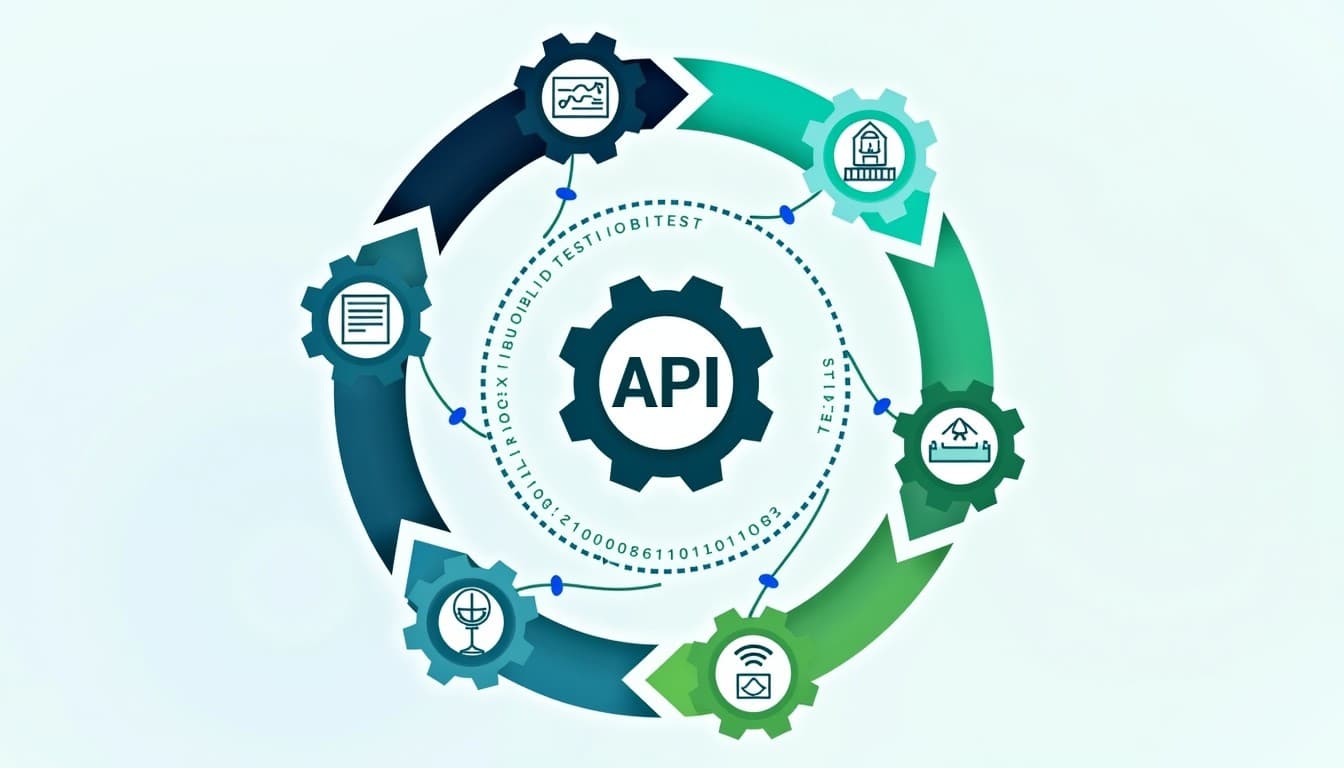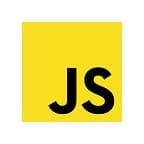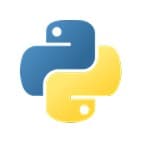
Go RegEx Tester
Qodex’s Go Regex Tester is a powerful, real-time tool to validate and debug regular expressions using the Go regexp package. Whether you’re building a REST API, validating input fields, or writing complex parsing logic, this tool helps you fine-tune your expressions with instant feedback. Pair it with the Email Generator, UUID Generator, or Password Generator for complete test data workflows.
Go RegEx Tester - Documentation
What is Go Regex?
In Go (or Golang), regular expressions are supported through the regexp standard package. They allow you to search, match, replace, and extract text patterns using concise and powerful syntax.
Go regex patterns are often used for:
Validating inputs (emails, phone numbers, etc.)
Extracting tokens from strings or logs
Processing or cleaning up text
Implementing conditional logic in parsing systems
Whether you’re sifting through log files, sanitizing user input, or building custom search tools, Go’s regex capabilities help automate and streamline text processing tasks.
Unlike JavaScript or Python, Go’s regex engine does not support lookbehinds—but it’s optimized for performance, making it perfect for high-throughput applications.
Go Regex Tester by Qodex
The Go Regex Tester helps you test, validate, and debug your regular expressions in real time using Go syntax. Instantly see matches, capture groups, errors, and behavior of different regex patterns—no setup or compilation needed.
Want to generate test inputs? Try these:
Core Constructs of Go Regex Tester
Real-Time Matching – Instantly see matches, capture groups, and test outputs as you type.
Supports Golang Syntax – Built to mimic regexp package behavior accurately.
Sample Test Strings – Easily plug in realistic data for validation.
Error Debugging – Get immediate feedback on invalid syntax.
Integrated Tools – Combine with UUID Generator, MAC Address Generator, or Token Generator for complete test environments.
Extra Features for Power Users
Code Generator: Instantly generate Go code snippets from your regex patterns for seamless integration into your applications.
Regex Debugger: Step through your patterns to see exactly how your regex matches (or misses) parts of your test string.
Export Matches: Download your match results or captured groups for further analysis or documentation.
Benchmark Regex: Gauge the performance of your regex on various input sizes to ensure your solution is both correct and efficient.
How It Works (Quick Guide)
Enter your regular expression in the input field.
Add a test string to match against.
See matched text and captured groups instantly.
Use dummy data from Email Generator, Phone Number Generator, or Credit Card Generator to simulate real-world input.
Whether you need to validate form inputs, extract tokens from logs, or fine-tune complex parsing logic, Qodex’s Go Regex Tester gives you all the tools you need—right in your browser.
Testing Go Regular Expressions with Flags
Wondering how to experiment with different regex flags while working in Go? With the Go RegEx Tester, you can toggle between common flags to tailor your pattern’s behavior—no guesswork required. After entering your regex pattern and sample text, the tool instantly highlights matches, shows their exact indices, and groups, all in a clean interactive layout.
Flag Controls: Quickly activate or deactivate regex flags (like
gfor global,mfor multiline, orifor case-insensitive) to observe how each one impacts matching.Instant Feedback: See exactly which parts of your string were matched, including the start and end positions.
Copy Function: With a single click, you can copy your crafted regex for use in your Go project or favorite IDE.
Works Everywhere: The responsive interface ensures smooth testing, whether you’re on a laptop, tablet, or phone.
Just paste in your pattern, pick your flags, and get real-time results—no more reloading or poking around in documentation just to tweak a setting.
Supported Regex Flags
Curious about which flags you can use while testing your regular expressions? The Go Regex Tester currently recognizes several of the most common ones:
g (global): Finds all matches, not just the first one.
i (case-insensitive): Ignores case differences when matching.
m (multiline): Changes the behavior of
^and$to match the start and end of each line.s (dotall): Allows the dot (
.) to match newline characters, too.
Mix and match these flags as needed to mirror your real-world regex environments—whether you’re crafting email validators or parsing logs.
Example Use Cases
Validating email addresses in Go web forms
Extracting error codes from system logs
Checking password strength in APIs
Parsing phone numbers from user input
Detecting keywords or mentions in text
Regex Code Generation Across Popular Languages
Need to integrate your Go regex into different programming environments? No problem—many modern languages offer robust support for pattern matching, usually via standard libraries or packages. Here's how you can quickly get started in several popular languages, using your regular expression in context:
Supported Languages
You can generate boilerplate code for these languages:
AutoIt
C#
Go (Golang)
Java
JavaScript
Perl
PHP
Python
Ruby
Rust
SED
Swift (5.2 and later)
Sample Workflow
Choose your language: Select from Go, Python, JavaScript, Java, and more.
Insert your regex pattern: Plug in your custom regular expression.
Get instant, ready-to-run code: Use the generated snippet as a starting point for integration.
Example – Using Regex in Go
Here's a sample Go program to find all lines starting with "user":
You’ll see results for each matching line, whether "user" is lowercase or capitalized—just like your pattern describes.
Need code for another language?
For JavaScript, Python, Java, C#, or others, the same regex will work with minor adjustments to syntax. Select your desired language, paste your pattern, and instantly get a code snippet you can use or adapt.
Tip: If you spot a syntax issue or need advanced usage, check the relevant language’s regex documentation—such as the https://pkg.go.dev/regexp, https://docs.python.org/3/library/re.html, or https://developer.mozilla.org/en-US/docs/Web/JavaScript/Reference/Global_Objects/RegExp—for tailored guidance.
Ready to take your regex for a spin in any ecosystem? Generate code fast, and streamline your workflow across projects and teams.
Go Regex Meta Characters
Basic Matching
.: Matches any character except newline characters (\n).
Example:/a.b/matches "acb", "a9b", but not "ab".^: Matches the start of a string.Example:
/^Log/matches "Log message" but not "My Log".$: Matches the end of a string.Example:
/end$/matches "game end" but not "ending game".|: Acts as an OR between two patterns.Example:
/cat|dog/matches "cat" or "dog".
Character Classes
[abc]: Matches 'a', 'b', or 'c'.[^abc]: Matches any character except 'a', 'b', or 'c'.[a-zA-Z]: Matches any letter from a to z or A to Z.
Predefined Character Classes
\d: Matches any digit (0–9).\D: Matches any non-digit.\s: Matches whitespace (space, tab, newline).\S: Matches any non-whitespace character.\w: Matches letters, digits, or underscores.\W: Matches any non-word character.
Quantifiers
*: Matches zero or more of the preceding element.+: Matches one or more.?: Matches zero or one (optional).{n}: Matches exactly n times.{n,}: Matches at least n times.{n,m}: Matches between n and m times.
Groups and Assertions
(...): Capturing group.(?:...): Non-capturing group.(?=...): Positive lookahead.(?!...): Negative lookahead.\b: Word boundary.\B: Non-word boundary.
Note: Golang does not support lookbehind assertions like (?<=...) or (?<!...).
Common Regex Pattern Flags and Modifiers
When crafting regular expressions, certain flags (also called modifiers) can change how your pattern matches text. Here are a few of the most frequently used:
m— Multiline: With this modifier, the^and$anchors will match the start and end of each line within your input, not just the very beginning or end of the whole string. Perfect for working with multi-line input, such as log files or pasted code blocks.i— Case Insensitive: Use this to ignore the distinction between uppercase and lowercase letters. For instance, withi, both “GoLang” and “golang” would match the expression[a-z]+.g— Global: Enables your regex to find all matches within a string, not just the first one. Handy when you need to extract or replace multiple patterns in a single pass.
These modifiers work a bit differently depending on your programming language of choice—so be sure to double-check how they’re used in Go and other environments.
How /^user.*$/mig Works
Let’s break down the regex pattern /^user.*$/mig and what each part does in the context of Go's regexp package:
^anchors the match at the start of a line, thanks to the multiline flag.usermatches the exact string "user", and with the case-insensitive flag, it will match "User", "USER", or any other casing..*grabs any sequence of characters after "user"—including none at all—up to the end of the line.$ensures the pattern runs to the end of the line.
Pattern Flags
m (multiline):
^and$will match the start and end of each line, not just the very start and end of the whole string.i (case-insensitive): The pattern doesn’t care about the casing of "user". "user", "User", "USER", or even "UsEr" will all match.
g (global): Applies the regex to find all matches in the input, not just the first one.
In short: This pattern locates any line containing "user" (no matter the capitalization) at the start, and scoops up the rest of the line as part of the match. It’s handy for scanning logs or configuration files for references to users, regardless of how the casing varies.
Tips for Using Go Regex Tester
Use regexp.MustCompile() for performance-safe compiled regex.
Preload test strings using the Phone Number Generator or Zipcode Generator.
Validate patterns in real time before embedding in your Golang application.
Keep complex patterns readable with comments or separate lines.
Go Regex Tester Examples
Example 1: Validate Email
Use the Email Generator to generate realistic test emails.
package main import ( "fmt" "regexp" )
func main() { email := "test@qodex.ai" re := regexp.MustCompile(^[a-zA-Z0-9._%+-]+@[a-zA-Z0-9.-]+\.[a-zA-Z]{2,}$) fmt.Println(re.MatchString(email)) }
Example 2: Check Password Strength
Use the Password Generator to generate secure passwords.
package mainimport ( "fmt" "regexp" )
func main() { password := "Aa123456!" pattern := regexp.MustCompile((?=.*[a-z])(?=.*[A-Z])(?=.*\d)(?=.*[@$!%*?&]).{8,}) fmt.Println("Strong Password:", pattern.MatchString(password)) }
Example 3: Extracting All Words from Text
Combine with the Username Generator to simulate identity parsing.
package mainimport ( "fmt" "regexp" )
func main() { text := "Go is simple, fast, and powerful!" pattern := regexp.MustCompile(\b\w+\b) words := pattern.FindAllString(text, -1) fmt.Println("Words Found:", words) }
Pro Tips for Golang Regex Tester
Use regexp.MustCompile() for safe and efficient regex creation.
Test using realistic data—pair with tools like Phone Generator or UUID Generator.
Go regex does not support lookbehinds, so adjust patterns accordingly.
Always escape backslashes (\) when writing Go strings.
For better readability and debugging, break complex regex into smaller parts.
Supported Regex Flavors
The Go Regex Tester supports a wide array of regex flavors, making it a versatile tool for developers working across different environments. You can test and compare your patterns using these flavors:
PCRE2 (PHP ≥7.3)
PCRE (PHP <7.3)
ECMAScript (JavaScript)
Python
Golang
Java 8
.NET 7.0 (C#)
Rust
What Do Flag Toggles Do?
With flag toggles, you can instantly adjust how your regular expression behaves—no manual tweaking or copy-pasting required. Need to make your match case-insensitive, allow global search, or enable multiline mode? Just flip the corresponding switch and see the results update in real time. This lets you experiment with different regex options and fine-tune your search patterns without breaking your workflow.
Copying Regex Patterns Made Easy
Want to grab that regex for your own use? Simply click the Copy button next to the pattern you’d like to save. This will instantly copy the entire regex to your clipboard—no manual highlighting required. From there, you can paste it wherever you need, whether that’s in your VS Code editor, a Notion doc, or even a bug report.
Is the regex tester compatible with all devices?
Absolutely—it plays nicely whether you're on a desktop in the office, scrolling on a phone during your commute, or testing patterns on a tablet while sipping coffee at Starbucks. Chrome, Firefox, Safari, and even that one relative who still uses Edge—all are welcome here. Just fire up your browser of choice and you’re good to go.
Is this tool free?
Absolutely! This Regex Tester is completely free to use—no hidden fees, no credit card required. Focus on building, debugging, and validating your regular expressions without worrying about paywalls or limitations.
Best Tools to Combine With:
Frequently Asked Questions
Does Go regex support lookbehind?
Can I use Go regex for multiline strings?
Is there a way to do case-insensitive matching in Go regex?
How do I escape special characters like “.” in Go?
Why doesn’t my complex pattern work like in Python?
Related Articles



Test your APIs today!
Write in plain English — Qodex turns it into secure, ready-to-run tests.



